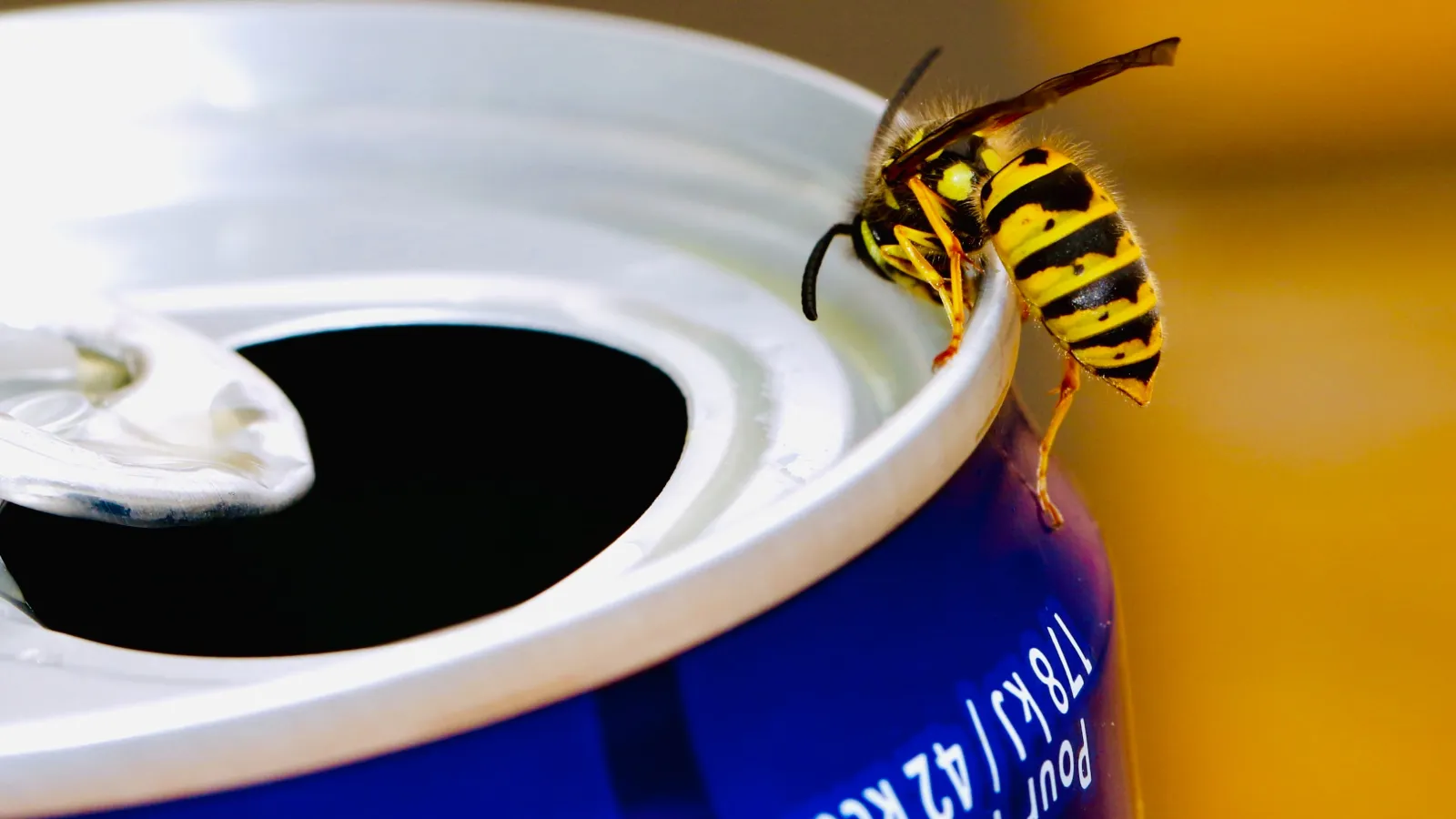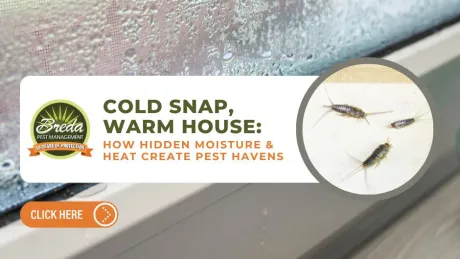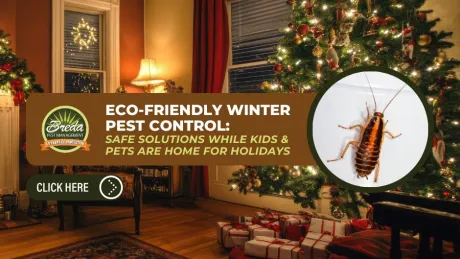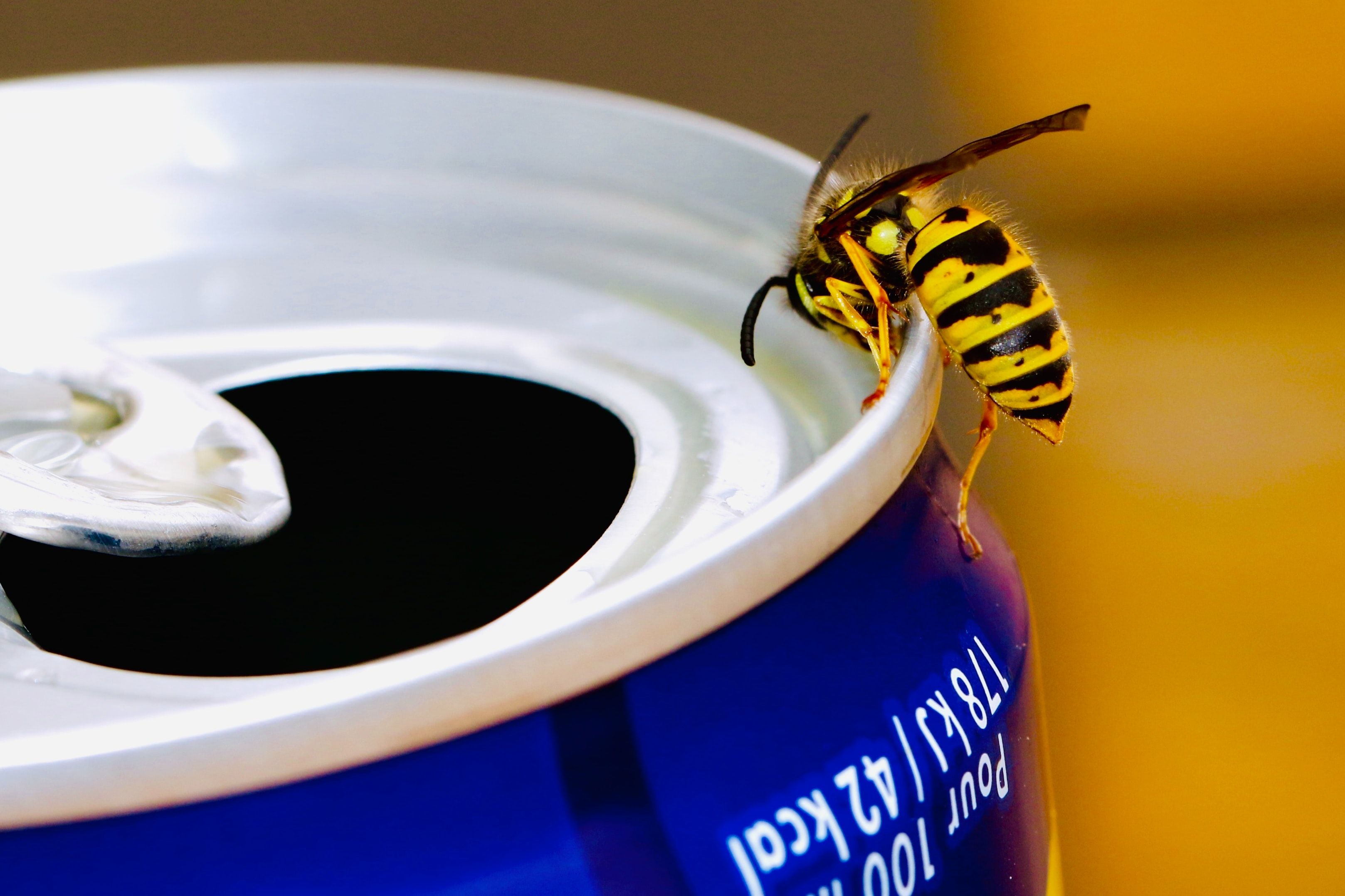
As we roll into a seasonably sunny July, there's probably a variety of tasks on your to-do list. And with last year's July 4th cookout little more than a distant memory, this summer's wasp infestation may sneak up on some of us. But not to worry — the team at Breda Pest Management has put together a list of tips to keep those bugs at bay. So whether you're planning for a family picnic, backyard barbecue, or at all enjoying the great outdoors, we hope you'll find some useful advice here to enjoy a bug-free July 4th.
But first, Wasps: Friend or Foe?
Like most other stinging insects, wasps can be a particularly bothersome pest, and the easy access to trees, soil and building crevices in Georgia backyards may draw them close to your home. But wasps aren't all bad. One of the main differences between bees and wasps is that bees feed their larvae pollen, while wasps — a category that includes yellow jackets and hornets — feed insects to theirs. That means that wasps are actually useful for your garden because they control many other types of pests. According to National Geographic, some farmers even use wasps to protect crops from other insects. And wasps even pollinate plants, just not to the same extent as bees.
Despite all the benefits wasps can have for your yard, wasps can still be more than just a nuisance — they can sting and even cause an allergic reaction. Before they build a nest under your porch, on your roof, or even inside your home, it's time to take action. Give one of these three methods a try to keep them under control:

1. Try Peppermint Oil
Peppermint oil may be effective at repelling wasps, according to a study from the Journal of Pest Management Science. You can try mixing several drops with water and dish soap in a spray bottle and using the spray over areas on the outside of your home where wasps like to build nests: under eaves, porch roofs, and other ledges and crevices. You can also purchase mint oil-based wasp and hornet sprays to target established nests.
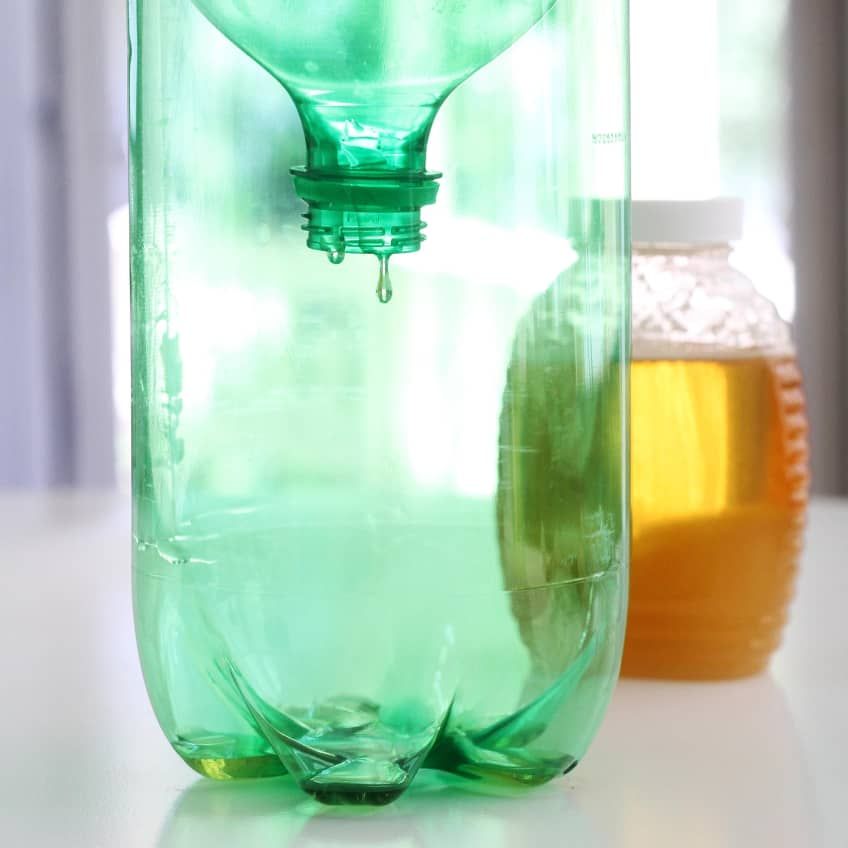
2. Use a Wasp Trap
Wasp traps consist of a bait, such as sugar water, to lure the insects inside a container with no escape. You can make one yourself in about five minutes by cutting the top off a two-liter bottle and inverting it inside the bottom, or cutting a small hole in the top.
If you'd prefer something more heavy-duty, you can also purchase a trap online. However, traps probably won't fully solve your problem because you might just be capturing wasps passing through your yard, rather than the ones actually building a nest around your home. If you use a trap, you will have to locate the nest and place the trap close to its entrance in order to get to the root of the infestation.
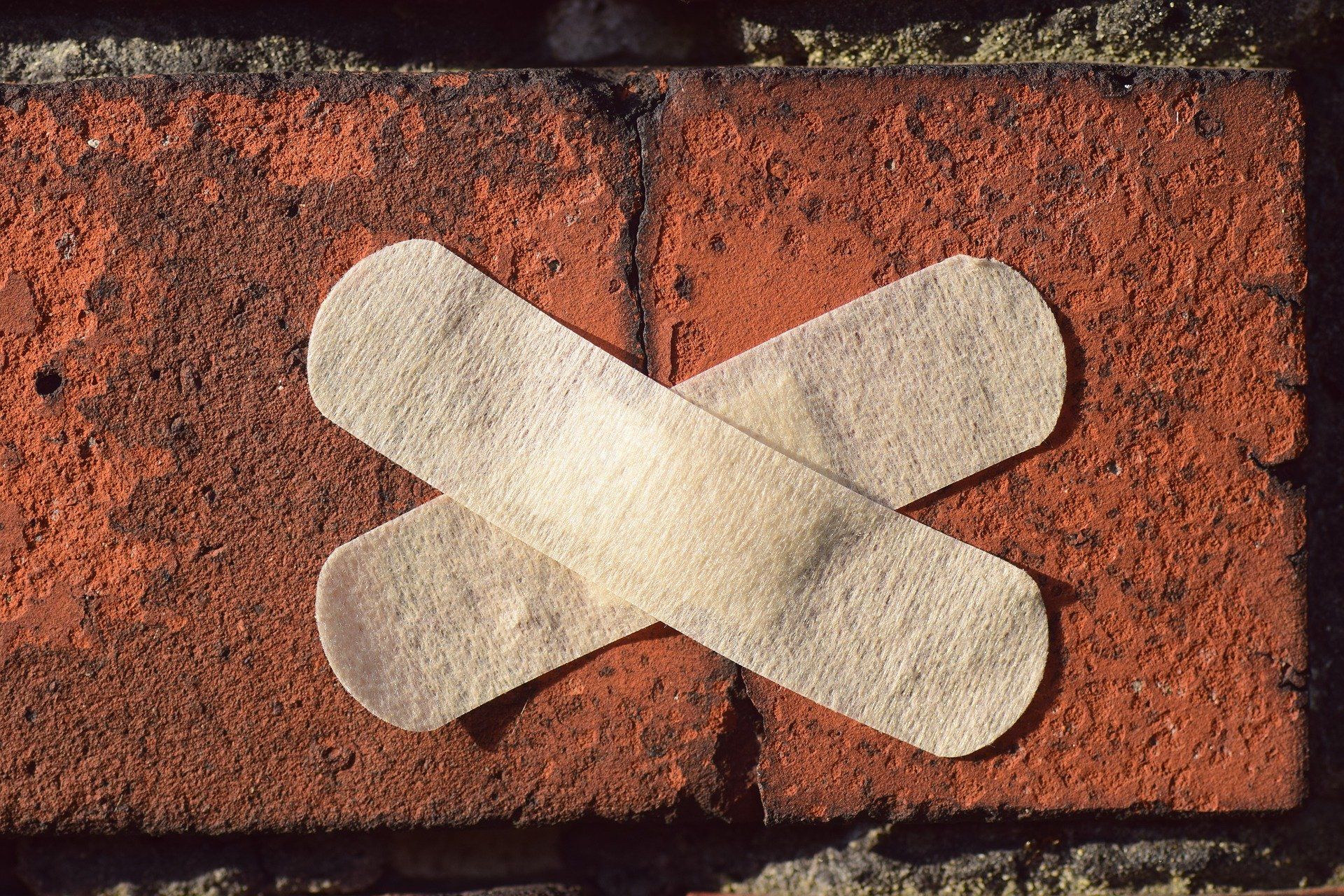
3. Patch Up Any Cracks
If you want to prevent wasps from making their way into your house, the first step is to block any potential points of entry. We recommend sealing up tiny cracks — like those around the edges of siding and where power lines enter the house — and patching up any tears in window screens. However, if you discover wasps already inside your house, don't try to seal the nest in the wall. Wasps have been known to find their way out of buildings through vents or even by chewing through drywall.
Although there are ways for you to try to repel wasps, we do not advise trying to get rid of stinging insects on your own, as it can be extremely dangerous, especially if you're allergic. Hiring a pest control company is the best way to handle any pest problem, especially a dangerous one like stinging insects.
Breda Pest Management has been servicing the Southeast since 1975, and we know what it takes to treat your pest problems. We use the latest and greatest technology to make sure our services are effective and time efficient. We will identify your pest problem and treat it in the most humane and appropriate way.
If you find yourself needing pest control services, don't hesitate to contact us!
For more information, to schedule a service, or request a free consultation, fill out our contact form or give us a call at 770-466-6700.
